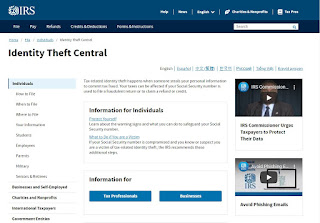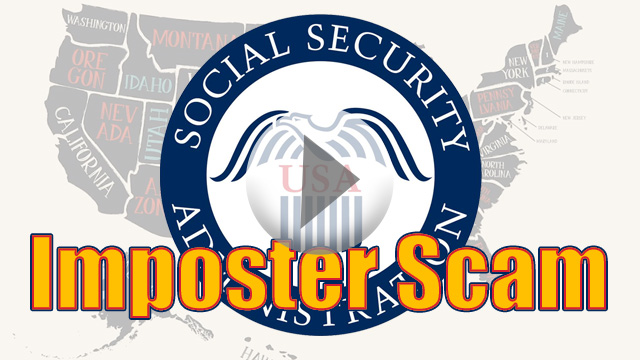I have shared many scam alerts from the Federal Trade Commission and other good sources. Here is a really good article getting into the details on how one of these phone scams worked and how it was taken down. That similar phone calls are still happening shows that there is still an opportunity for the nefarious folks to make some money.
The one thing we can do to stop this is to NOT to fall for the scam.
"On Nov. 24, 2014, a woman named Diana received a menacing phone call in Hernando, Miss., a small city nestled in the northwest corner of the state. A caller purporting to be an IRS agent claimed she owed back taxes and told her that agents were waiting to arrest her unless she paid up immediately. The caller was insistent, threatening, and urging her to act quickly.
The demands eventually produced the desired result: After the "agent" ordered her to withdraw $19,625 in cash, Diana bought 21 prepaid cards called MoneyPaks equaling that amount at a local store. After purchasing the cards, she read the unique serial number off each MoneyPak card to the caller, effectively giving him all her money.
The caller wasn't actually an IRS agent; he was an impostor from Worldwide Solution, a call center in India. No agents waited outside. Diana owed no back taxes. Hers just happened to be one of the millions of phone numbers dialed by an international conspiracy of con artists running a series of impostor schemes, according to a federal indictment issued in October 2016."
Continue reading the full story online
https://www.journalofaccountancy.com/issues/2018/sep/tigta-irs-impersonation-scam.html#.W5--uybd6Hk.email
Related link on FTC scam alerts
https://www.consumer.ftc.gov/features/scam-alerts
From the Franklin Matters archives
http://www.franklinmatters.org/search?q=ftc,+scam+alert&max-results=20&by-date=true









